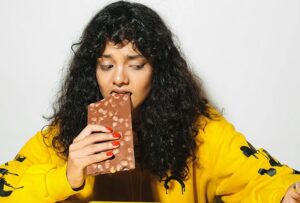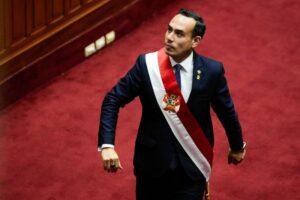
PUTRAJAYA: Malaysians living with diabetes are being empowered to take charge of their own health under a newly launched programme.
Developed through a partnership between the Health Ministry, the Malaysian Pharmacists Society (MPS), and Novo Nordisk Pharma (Malaysia) Sdn Bhd, the Empowerment for Risk Assessment and Treatment (ERAT) aims to improve diabetes management by strengthening early detection, prevention and long-term care of the disease.
Launched in conjunction with World Diabetes Day 2025, Health Minister Datuk Seri Dr Dzulkefly Ahmad described this as a milestone in Malaysia’s ongoing battle against non-communicable diseases (NCDs).
“Through the ERAT programme, individuals can take charge of their own health through informed decision-making and consistent self-care practices,” he said in his speech at a hotel in Putrajaya on Tuesday (Nov 4).
Dzulkefly said the ERAT programme is the next phase of the national diabetes strategy after the Diabetes Medication Therapy Adherence Clinic (DMTAC).
“DMTAC helps diabetes patients understand their medications, follow prescriptions properly and adopt better lifestyle habits.
“The ERAT programme integrates behavioural insights, education, and self-management to help individuals take greater ownership of their health,” he said.
Dzulkefly earlier signed a Memorandum of Understanding (MoU) with MPS president Professor Amrahi Buang and Novo Nordisk Pharma general manager, Dr Praful Chakkarwar, to formalise cooperation under the ERAT Project.
He said, as highlighted by the National Health and Morbidity Survey 2023, uncontrolled blood glucose levels, obesity and hypertension contribute to the growing diabetes epidemic.
Despite existing efforts to combat NCDs through various initiatives such as ‘War on Sugar’, Dzulkefly said it needs to be complemented with patient empowerment through health literacy.
He added that low health literacy also further complicates patients’ ability to manage their diabetes effectively.
“About 3.6 million adults in Malaysia are living with diabetes and approximately 1.9 million are unaware of their condition.
“This tells us that we must act urgently and strategically to reach those at risk, strengthen prevention and ensure continuous care for those already diagnosed.
“We must ensure that all Malaysians receive the help and knowledge they need to manage their health better,” he said.






